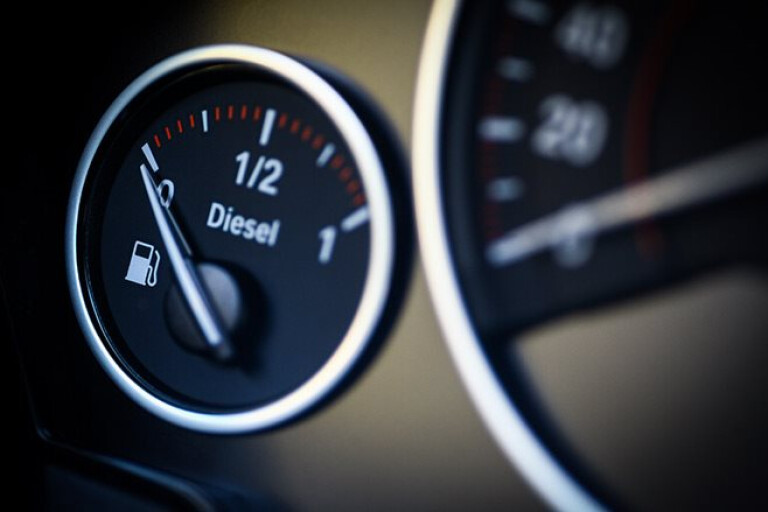
It's time to lift the standards in Australia.
The quality of the fuel we have to put up with in Australia has made headlines in recent months. In fact, environmental scientists have stated that Australian fuel quality and vehicle emission standards are ‘appalling’, and of the 35 OECD countries the quality of our petrol is ranked last, behind Mexico, Turkey and Estonia. Having been to Mexico recently on a road trip I find that hard to believe, but as I didn’t carry out a scientific study we’ll have to take their word for it.
Figures being touted by environmentalists and health professionals reckon up to 3000 people die each year in Australia because of air pollution, partly brought about by poor fuel quality and vehicle emission standards. Other countries around the world fare much worse. Still, many pointed to the ‘thunderstorm asthma’ event in Melbourne a few months back, which caused the death of eight people and sent the hospital and emergency network into meltdown, as an example of Australia’s worsening air pollution in major cities.
Many scientists and activists are calling for our fuel standards to improve, with some calling for a complete phasing out of regular ULP within two years. That would leave mainly Premium ULP (PULP), which costs at least 10 cents a litre more than ULP, as the only fuel of choice.
We already have some of the dearest fuel in the world. Back in January, 2017, the ACCC indicated that Australian prices were among some of the cheapest in the world, but this was proven to be a complete fabrication.
The ACCC had been comparing our ULP prices with other countries PULP prices, to completely deceive the Australian motoring public. Doing so benefits only one group, and that’s the big petrol retailers.
Forcing petrol producers to upgrade their production systems to improve fuel quality would increase costs to motorists and make the few refineries we have left in Australia basically unviable.
Most believe diesel fuel is a far worse polluter than petrol, even if it’s far cleaner than it was 10 or 15 years ago and defences like particulate filters are widely used. The recent outcry over the VW diesel emission scandal has prompted much of this huge turnaround, where just a few years ago politicians were sprouting the environmental credentials of diesel over petrol.
Footloose: A bid to cut Australia's regional road tolls
Diesel vehicles do emit less CO2 than their petrol equivalents, so the policy makers in Europe and elsewhere pushed for more and more diesel engines. Now with the focus turning to air quality the diesel vehicle doesn’t fare so well, emitting a range of pollutants including particulates and nitrogen oxide.
In the past few months the mayors of Paris, Mexico City, Madrid and Athens have said they are implementing bans on diesel vehicles so as to improve air quality, while London is contemplating a total ban on diesel vehicles by 2025. You can be sure that this measure will affect car manufacturers and what they produce in the future.
But consumers, me amongst them, like diesel as a fuel. While it has been rarely cheaper than petrol, I’ve noticed a shift in recent months that sees diesel often cheaper than petrol. Then there’s higher fuel efficiency, especially in an off-road situation, and the better torque and driveability of diesel 4WD vehicles. Diesel fuel is also safer to carry, and when I’m out in the desert with more than 200 litres of fuel on board I know which fuel I’d rather have stored away.
Currently our federal government is reviewing fuel laws and standards, so you can expect better fuel standards (both petrol and diesel), more expensive fuel and, if the European situation is replicated here, the beginning of the demise of diesel.

COMMENTS